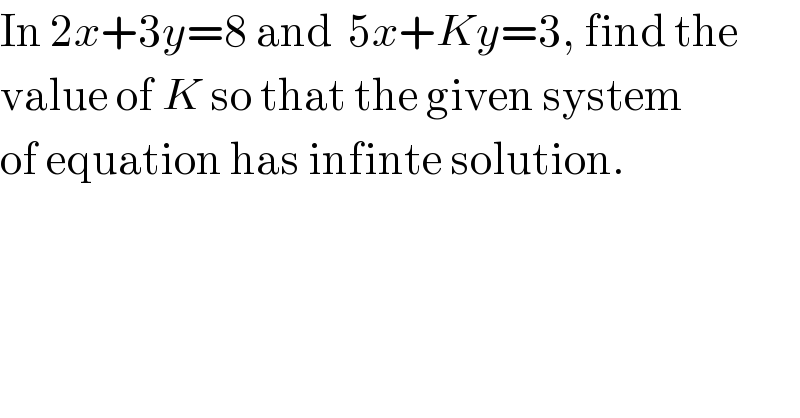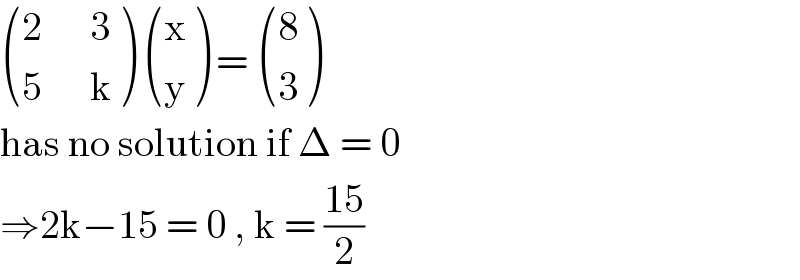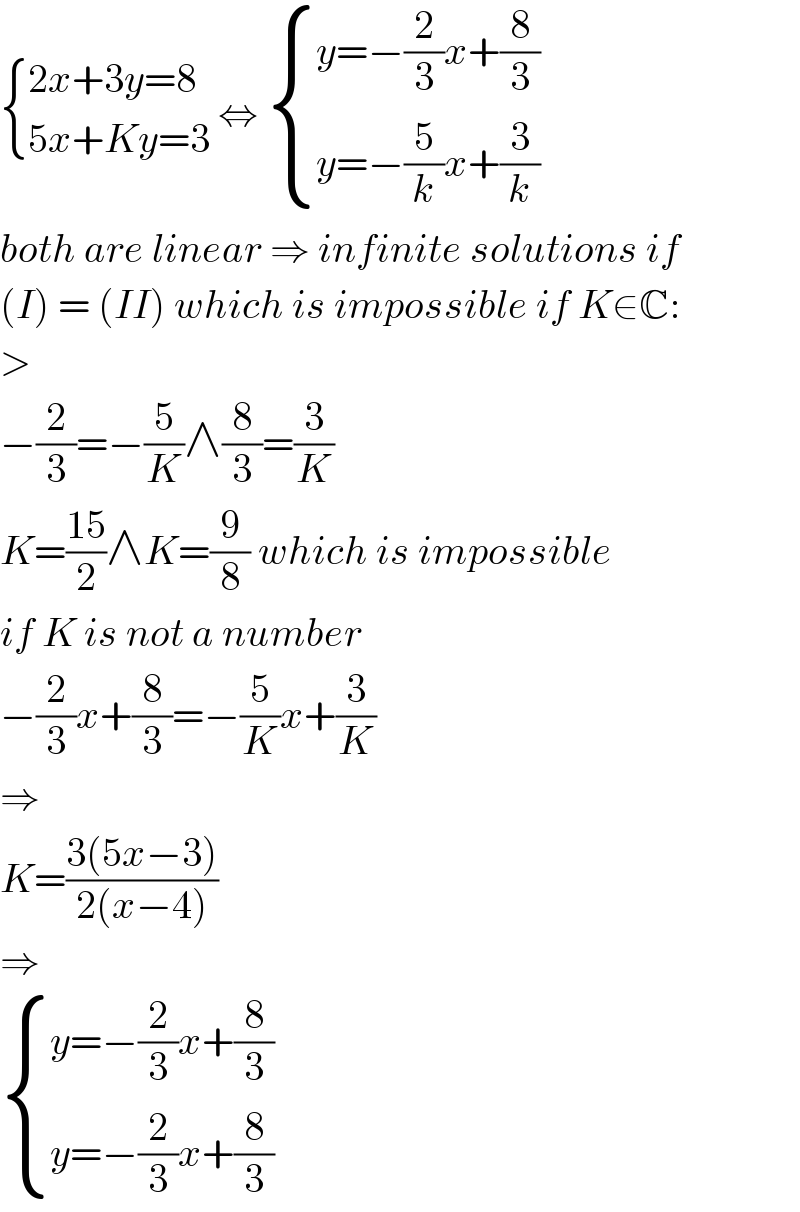
Question and Answers Forum
Question Number 106666 by deep last updated on 06/Aug/20

Commented by bemath last updated on 06/Aug/20

Commented by Her_Majesty last updated on 06/Aug/20

Answered by nimnim last updated on 06/Aug/20

Commented by Her_Majesty last updated on 06/Aug/20

Answered by Her_Majesty last updated on 06/Aug/20

